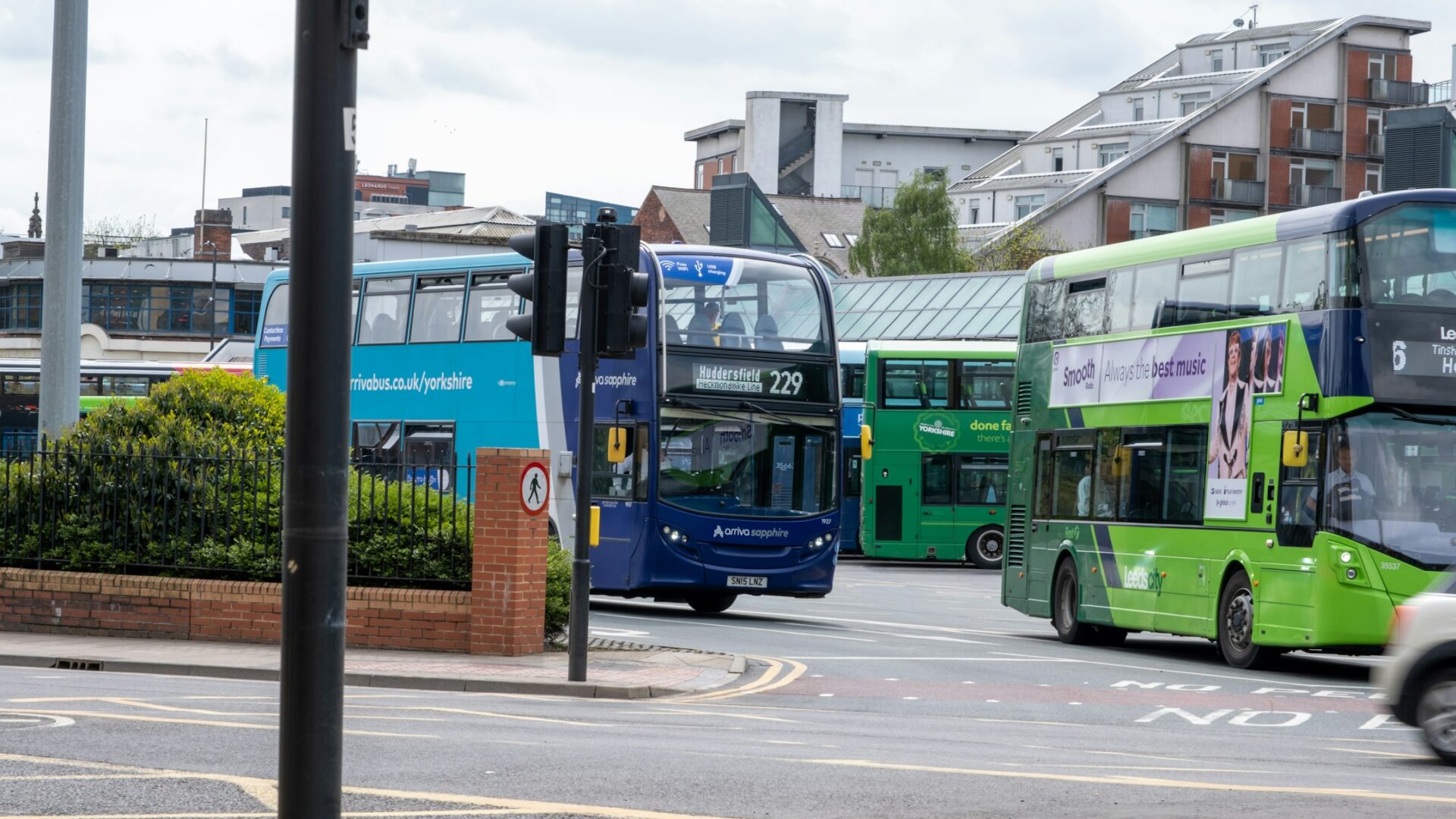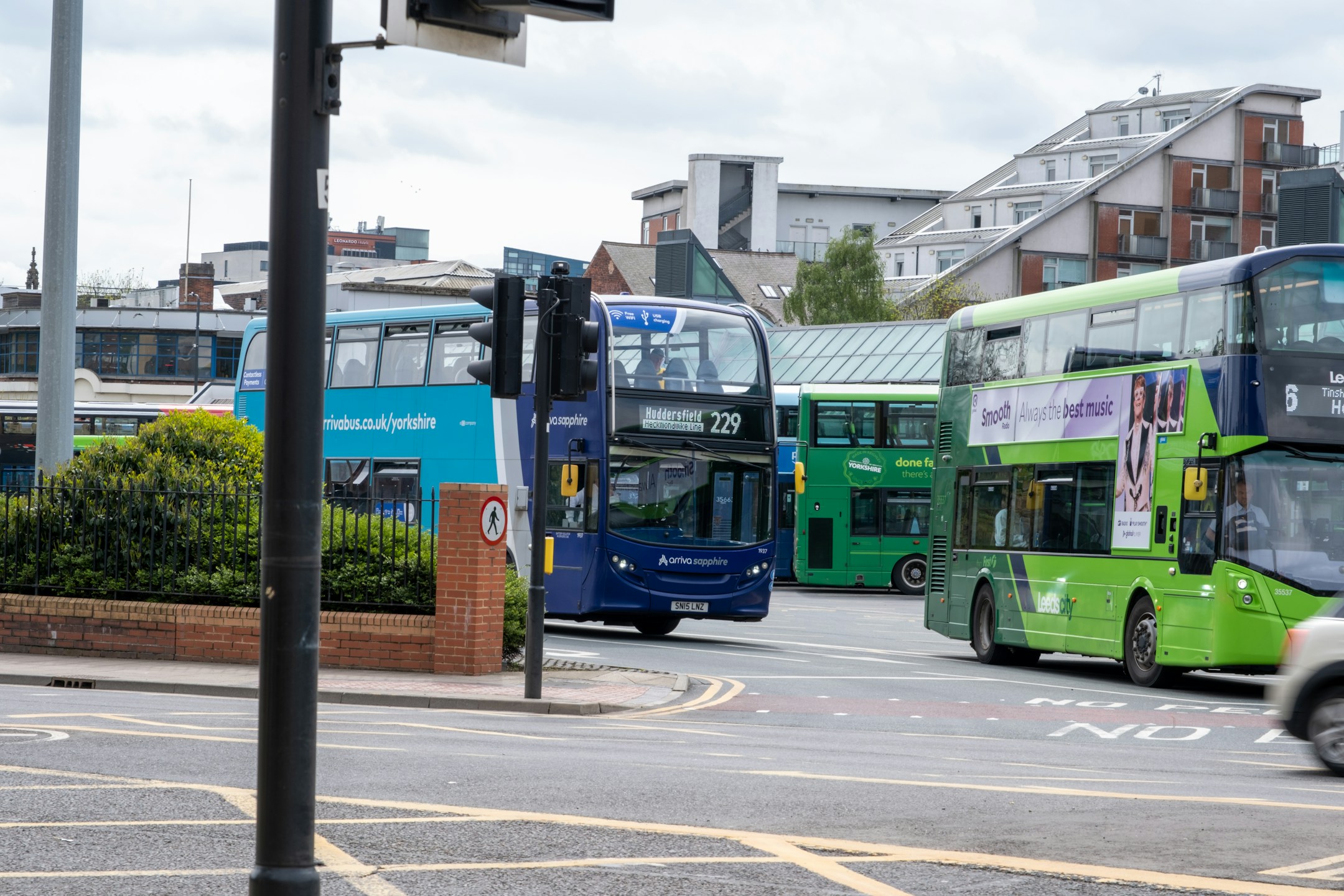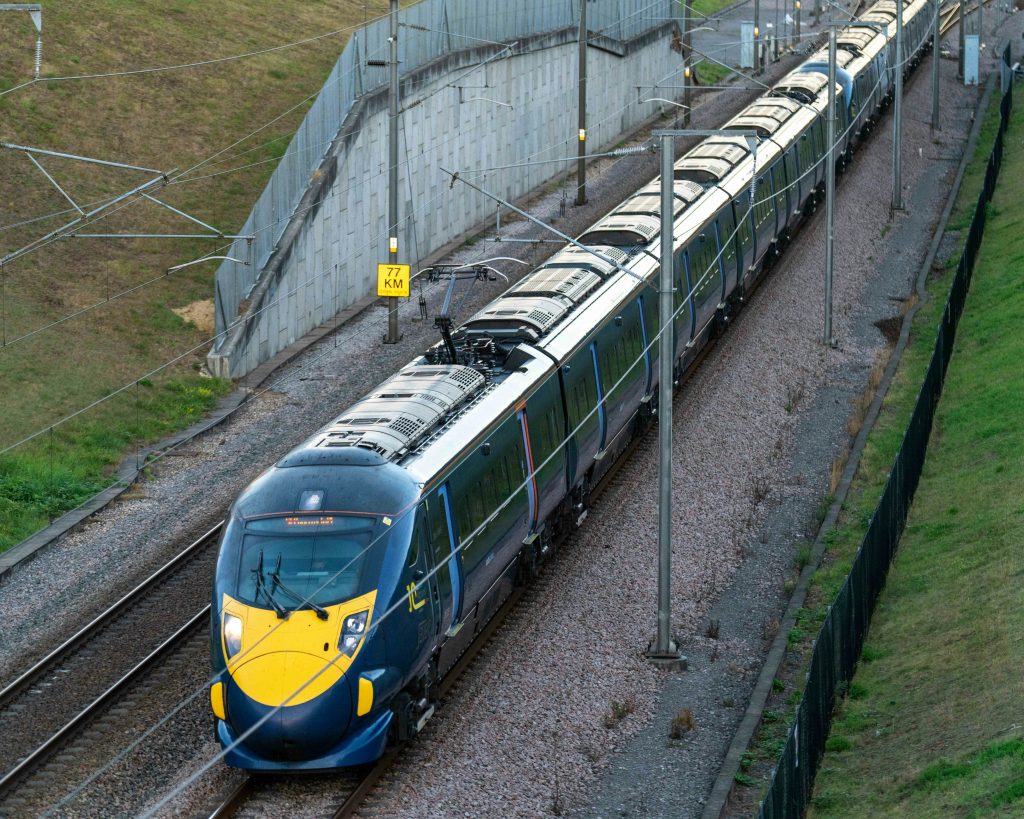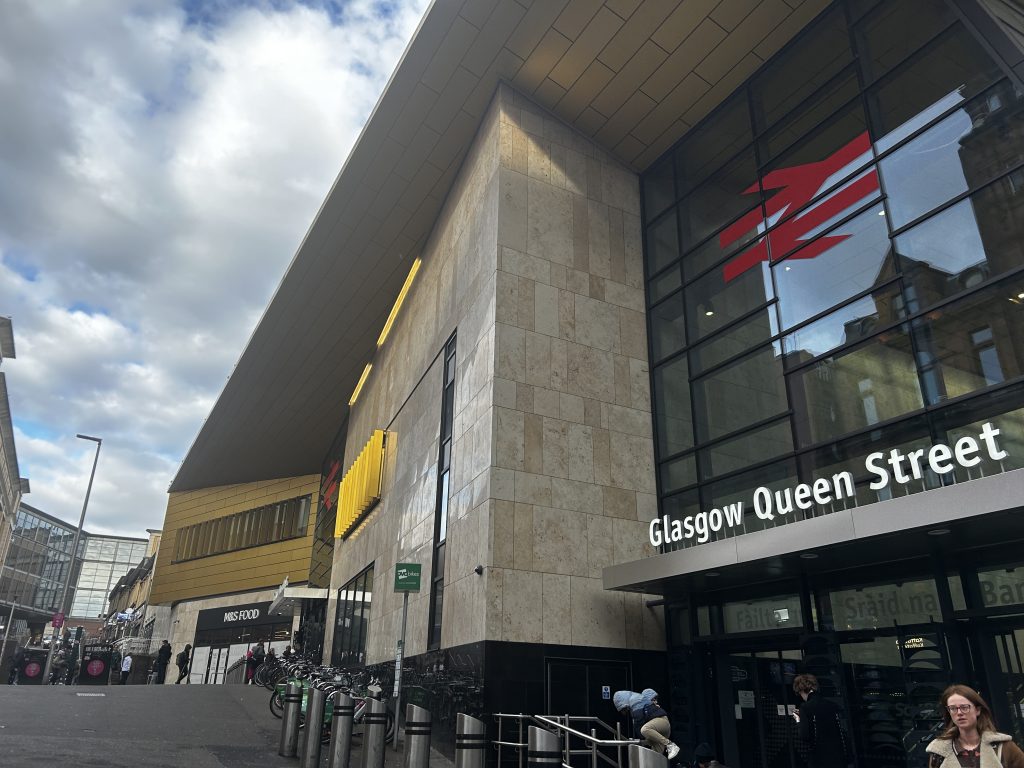Labour has won a landslide victory in the 2024 General Election, and Keir Starmer is now our Prime Minister. But what does this mean for transport?
On day one of his premiership, Louise Haigh, MP for Sheffield Heeley, was appointed Secretary of State for Transport. Louise is known to be pro-public transport, specifically buses, and therefore we are hopeful of a particularly pro-sustainable transport agenda from this Government.
Today, Louise set out the 5 priorities for her Department, the Department for Transport, with a new ‘motto’, ‘move fast and fix things’:
- improving performance on the railways and driving forward rail reform
- improving bus services and growing usage across the country
- transforming infrastructure to work for the whole country, promoting social mobility and tackling regional inequality
- delivering greener transport
- better integrating transport networks
We are very supportive of the fact that these priorities do not mention anything about roads or road transport, and instead focus on delivering more sustainable public transport networks. However, we wait to see what may happen in both the short-term in the next 100 days and by the next election.
The first rail franchises to lapse will be those held by Greater Anglia and West Midlands Trains, both part of the Transport UK Group owning company, on 15th September 2024. We are expecting to see these nationalised and put into the control of the DfT’s OLR (Operator of Last Resort) until Great British Railways is formed and legislation is moved forward to form the organisation officially, in line with Labour’s Plan to Fix Britain’s Railways.
We are expecting this legislation to be included in the Kings Speech on Wednesday 17th July.
Looking at Labour’s manifesto independent of their Plan for Rail, we can see that they do indeed acknowledge that cars are the most popular form of transport. They plan to ‘maintain and renew’ the road network, but do not promise any new road-building schemes, instead deferring the A27 bypass to instead fund the fixing of potholes. They have also promised to restore the phase-out date of 2030 for new cars with internal combustion engines.
Skipping their promises for rail as we have already covered these (and gone into more depth in my colleague David’s blog post reviewing Labour’s Plan to Fix Britain’s Railways), we can see that Labour are keen to fix Britain’s bus network, including through new powers for local leaders to franchise local bus services and create ‘unified and integrated transport systems’ and to ‘promote active travel networks’, as well as lifting the ban on municipal ownership of bus companies, something we are very much supportive of and aligns well with our own Vision on Transport Authorities and bus franchising in local areas.
Finally, we are in support of Labour’s plans to create and develop a long-term strategy for transport.
This all looks very exciting indeed, and we look forward to seeing how Labour’s plans for transport pan out in the next 100 days specifically, and then in the next 5 years.
Read some of our other blog posts




